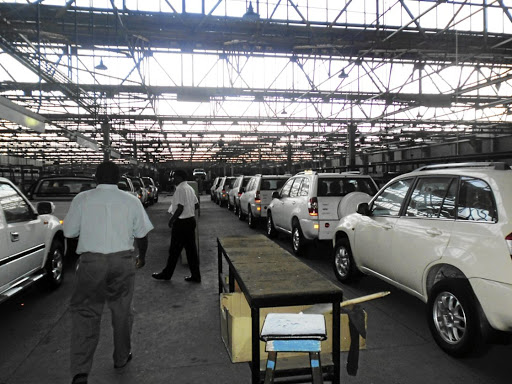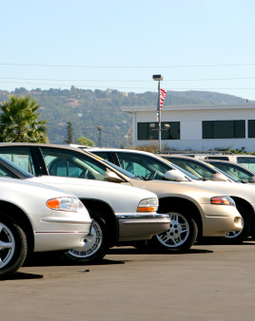In a strategic move to reshape its automotive industry and combat greenhouse gas emissions, Zimbabwe has banned the import of Japanese second-hand cars older than 10 years.
This decision marks a significant step in the country's commitment to revitalising its automotive sector while addressing environmental concerns. However, the ban comes with exemptions for commercial vehicles vital to agriculture, mining, and construction sectors.
Vision for Automotive Revitalization
The Finance and Economic Development Minister, Mthuli Ncube, announced the ban as part of a broader initiative to boost the local automotive industry and reduce the carbon footprint. This article delves into the details of Zimbabwe's decision and its implications for the country's economy and environmental sustainability.
Ban Details and Exemptions
The Zimbabwean government, through the state-run Zimbabwe Broadcasting Corporation (ZBC), clarified the specifics of the ban. Effective immediately, importing Japanese second-hand cars older than 10 years is prohibited. However, exemptions are granted for commercial vehicles, including tractors, haulage trucks, and specialised equipment used in mining and construction.
Minister's Perspective
Minister Ncube, in his address during the delivery of the 2021 national budget, highlighted the rationale behind the ban. He expressed concern over the significant amount, approximately 1.3 billion U.S. dollars, spent on importing buses, light-duty commercial vehicles, and passenger cars from 2015 to September 2020.
The minister emphasised the capacity of the local motor industry to assemble these vehicles, signalling a desire to boost domestic manufacturing.
Challenges and the Need for Regulation
Minister Ncube acknowledged challenges from the influx of imported vehicles, including substandard quality and the lack of adequate standards and regulations. He raised concerns about road-unworthy vehicles that fail to meet environmental and safety standards entering the market.
Critics argue that importing substandard used vehicles has contributed to road accidents and worsened pollution, hindering efforts to address climate change impacts.
Unprecedented Rise in Traffic
Zimbabwe has experienced a surge in vehicular traffic, primarily driven by the availability of affordable imported cars, mainly from Japan. The ban on older vehicles will curtail this influx and address associated environmental and safety challenges.
Local Manufacturing Initiatives
Earlier this month, Minister Ncube announced plans to commence local manufacturing of buses for the mass public transportation system. This initiative aligns with the government's broader strategy to revive the country's once-thriving automobile industry and reduce the import bill.
Local manufacturers have faced challenges as the public has favoured cheaper imports over locally produced vehicles, causing the industry to struggle.
Struggles of Local Manufacturers
Zimbabwe's vehicle manufacturers, heavily reliant on the government as their primary customer, have grappled with public preference for more affordable imported options. The government's move to prioritise local manufacturing aims to bolster domestic industries and create a competitive edge against imported vehicles.
Future Outlook and Environmental Impact
The ban on older vehicle imports sets the stage for a transformation in Zimbabwe's automotive landscape. As the government strides toward local manufacturing and regulatory improvements, the country envisions a sustainable and eco-friendly future for its roads.
In conclusion, Zimbabwe's decision to restrict the import of older vehicles represents a pivotal moment in its pursuit of economic development and environmental responsibility.





